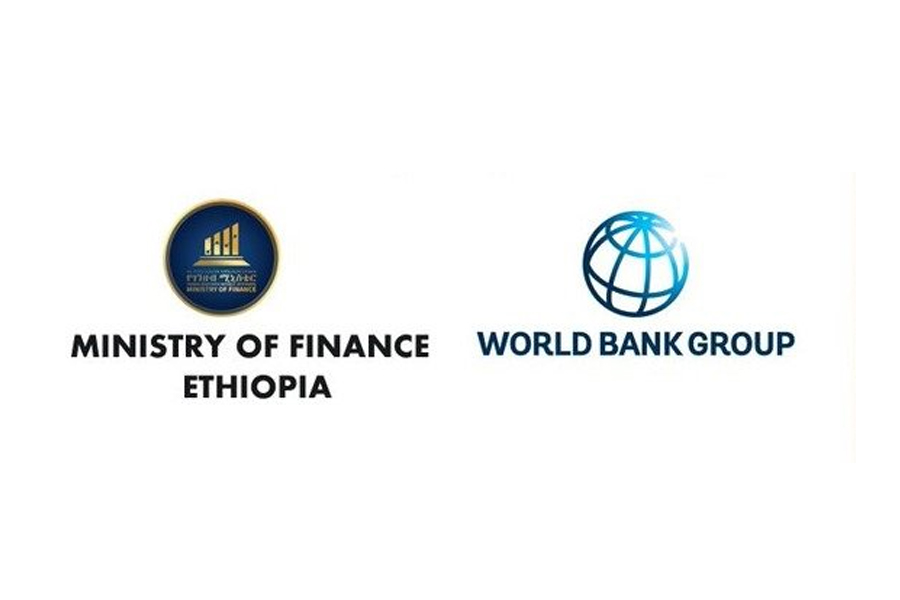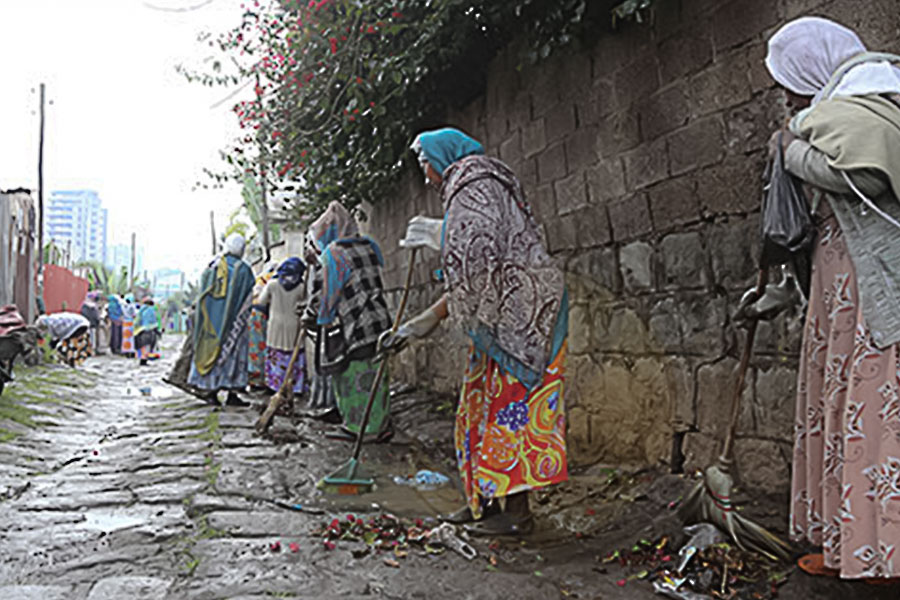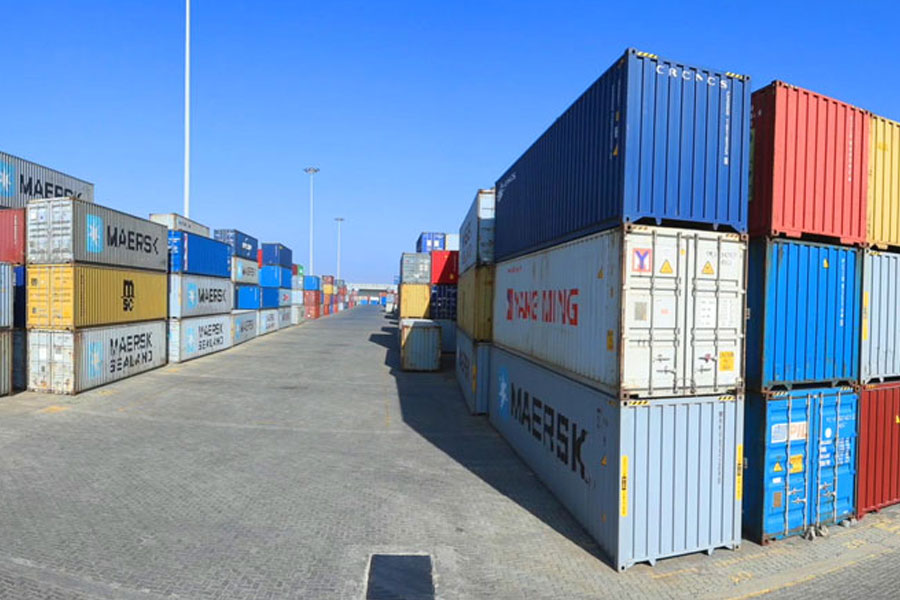
May 13 , 2023.
In March this year, Kamala Harris, the United States Vice President, visited Ghana, Tanzania, and Zambia as her first tour to Africa since taking office. With ancestral ties in Zambia, Harris addressed a matter she described as “a big issue affecting a lot of African countries.” She urged leaders of heavily indebted African countries to align with America in tackling the debt crisis.
Though she refrained from naming names, she most likely had China in mind—Africa’s largest bilateral creditor, with countries like Zambia and Ethiopia significantly indebted to the Asian giant.
The Vice President’s comments did not escape criticism. Akende M’membe, a director of Pan Africanism Today, highlighted the irony of an American leader cautioning Africa against Chinese loans while benefiting from Chinese-funded infrastructure. Indeed, the Vice President arrived at a Chinese-financed airport, travelled on Chinese-built roads, and spoke at a venue gifted to Zambia by China.
The story of China’s tangible presence in Africa, contrasted with America’s rhetoric on “freedom of speech, the rule of law, and human rights,” extends beyond Zambia and the countries Harris visited. A host of American senior officials have been touring Africa, realizing that the United States has neglected the continent for decades. President Joe Biden’s declaration, “The United States is all in on Africa,” signals a potential U-turn in American-African relations.
However, the United States is not alone in seeking to forge closer ties with Africa. High-profile visits from leaders of China, Russia, India, and Turkey illustrate the continent becoming a battleground for geopolitical rivalries and tensions. With weak economies and large populations, African countries face unprecedented challenges in developing viable foreign policies.
The current landscape requires these countries to have leaders to strategically navigate the complexities of a multipolar global order to secure long-term prosperity and stability. Ethiopia, for instance, has not updated its foreign affairs and national security strategy since the early 2010s. Despite efforts by the administration of Abiy Ahmed to review the strategic whitepaper, the draft produced remains unendorsed, leaving the country without a coherent strategy. This is a time of estrangement and profound uncertainties.
The Horn of Africa, in particular, is reminiscent of the 1970s and 1980s, marked by internal conflicts, destabilisation, and turmoil. Ethiopia cannot afford to neglect its position in a rapidly changing landscape where powerful countries vie for influence. A regional power vacuum has created opportunities for middle powers to assert themselves, presenting a conundrum for Ethiopia.
The emergence of multiple power centres may give Ethiopia more avenues for cooperation, investment, and diplomacy. Engaging with these middle powers may bring economic benefits, as seen over the past five years, with cash flowing to Ethiopia from the United Arab Emirates (UAE). However, it also makes the country vulnerable to external pressures and manipulation as global powers exploit its strategic position and reputation as a linchpin of regional stability. It exposes the country to risks, becoming a battlefield for proxy conflicts and strategic competition. The situation in Sudan illustrates this point.
As advanced economies grapple with budget deficits and inflation, they are less willing or able to provide bilateral assistance. Ethiopia, for example, received only a fraction of the average three billion dollars it used to get annually before the civil war in Tigray, including the neighbouring regional states.
In a world marked by isolationism and the retreat of multilateralism, pursuing national interests is paramount. However, countries may not abandon their long-held principles and values of upholding international norms and rules and advocating for global peace and stability. Building credibility and trust on the international stage can ultimately serve long-term interests.
Ethiopia’s foreign policy and national security officials must promote self-reliance and resilience in the face of global turbulence. Crafting a balanced foreign affairs policy strategy that addresses national interests and stability is crucial and long overdue. Its leaders can draw inspiration from the realism of Henry Kissinger and Hans Morgenthau, two of the most prominent thinkers, integrating their insights into a more sophisticated understanding of power and human nature in foreign policy-making.
By synthesising the ideas of both thinkers, Ethiopian policymakers can develop a comprehensive and balanced approach to international relations, better suited to navigating the complexities and challenges of the contemporary global landscape.
Morgenthau’s “Politics Among Nations” outlines six principles of political realism, including the primacy of national interest and power, the autonomy of the political sphere, and the nuanced role of morality. While Kissinger’s approach shares similarities with Morgenthau’s, it contrasts in crucial areas. Morgenthau’s broader understanding of power encompasses diplomatic prowess and soft power, transcending Kissinger’s focus on military and economic might. This comprehensive view allows for a more profound exploration of the multifaceted ways states exert influence on one another and shape the international system.
Morgenthau argued that individuals at the helm of political power ultimately drive states’ actions. This perspective highlights the necessity of grasping the psychological and emotional factors that impact political decision-making, alongside the objective considerations of power and national interest.
While Kissinger’s brand of realism has been critiqued for its pragmatism and moral indifference, Morgenthau’s approach acknowledges the importance of morality. He maintains that, although moral principles should not dictate political analysis, they cannot be dismissed outright. He called for a more balanced foreign policy that weighs both power imperatives and moral consequences.
Morgenthau’s warning against equating a nation’s moral values with universal moral laws is particularly pertinent in today’s international politics, with Western countries attempting to impose their beliefs on less developed societies. By recognizing the limitations of one’s moral perspective, states can sidestep self-righteousness and engage in more respectful, constructive diplomacy—a characteristic observed in China’s approach, at least until recently.
Morgenthau’s insistence on the autonomy of the political sphere challenges reductionist tendencies that may be evident in Kissinger’s approach, which sometimes fixates on the balance of power and national interests. By appreciating the unique dynamics and laws governing international politics, Morgenthau encourages a holistic understanding of international relations that accounts for the intricacies of state behaviour and the interaction between different spheres of human activity.
While realism dictates that countries prioritize their interests above all else, maintaining a principled foreign policy can provide countries like Ethiopia with a valuable source of soft power. Adhering to international norms, values, and principles can garner respect and trust from other countries, strengthening its diplomatic standing and fostering international cooperation. This approach also helps promote a more stable and predictable global order, which can be particularly beneficial for underdeveloped countries vulnerable to external shocks and pressures.
But first, its leaders should ensure the outdated strategy has been reexamined considering the changes apparent in the world. The draft revised whitepaper is withering on their executive tables.
PUBLISHED ON
May 13,2023 [ VOL
24 , NO
1202]

Radar | Jul 13,2024

Commentaries | Jan 16,2021

Radar | Oct 05,2024

Radar | Dec 16,2023

Commentaries | Oct 12,2019

My Opinion | Jan 13,2024


Editorial | Aug 26,2023

Viewpoints | Feb 20,2021

Fortune News | Jun 04,2022

My Opinion | 131451 Views | Aug 14,2021

My Opinion | 127803 Views | Aug 21,2021

My Opinion | 125784 Views | Sep 10,2021

My Opinion | 123419 Views | Aug 07,2021

Dec 22 , 2024 . By TIZITA SHEWAFERAW
Charged with transforming colossal state-owned enterprises into modern and competitiv...

Aug 18 , 2024 . By AKSAH ITALO
Although predictable Yonas Zerihun's job in the ride-hailing service is not immune to...

Jul 28 , 2024 . By TIZITA SHEWAFERAW
Unhabitual, perhaps too many, Samuel Gebreyohannes, 38, used to occasionally enjoy a couple of beers at breakfast. However, he recently swit...

Jul 13 , 2024 . By AKSAH ITALO
Investors who rely on tractors, trucks, and field vehicles for commuting, transporting commodities, and f...

Jun 29 , 2025
Addis Abeba's first rains have coincided with a sweeping rise in private school tuition, prompting the city's education...

Jun 29 , 2025 . By BEZAWIT HULUAGER
Central Bank Governor Mamo Mihretu claimed a bold reconfiguration of monetary policy...

Jun 29 , 2025 . By BEZAWIT HULUAGER
The federal government is betting on a sweeping overhaul of the driver licensing regi...

Jun 29 , 2025 . By NAHOM AYELE
Gadaa Bank has listed 1.2 million shares on the Ethiopian Securities Exchange (ESX),...